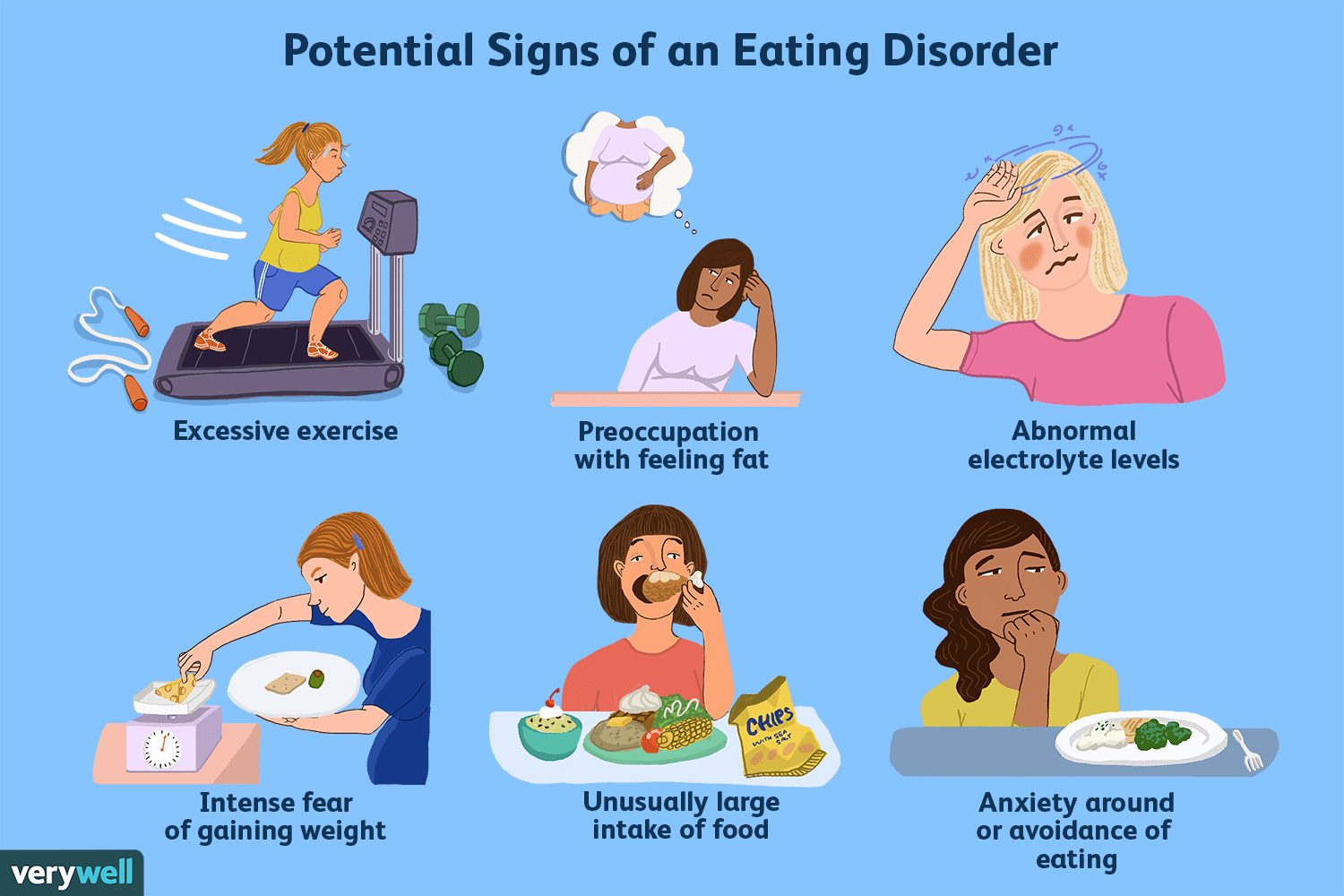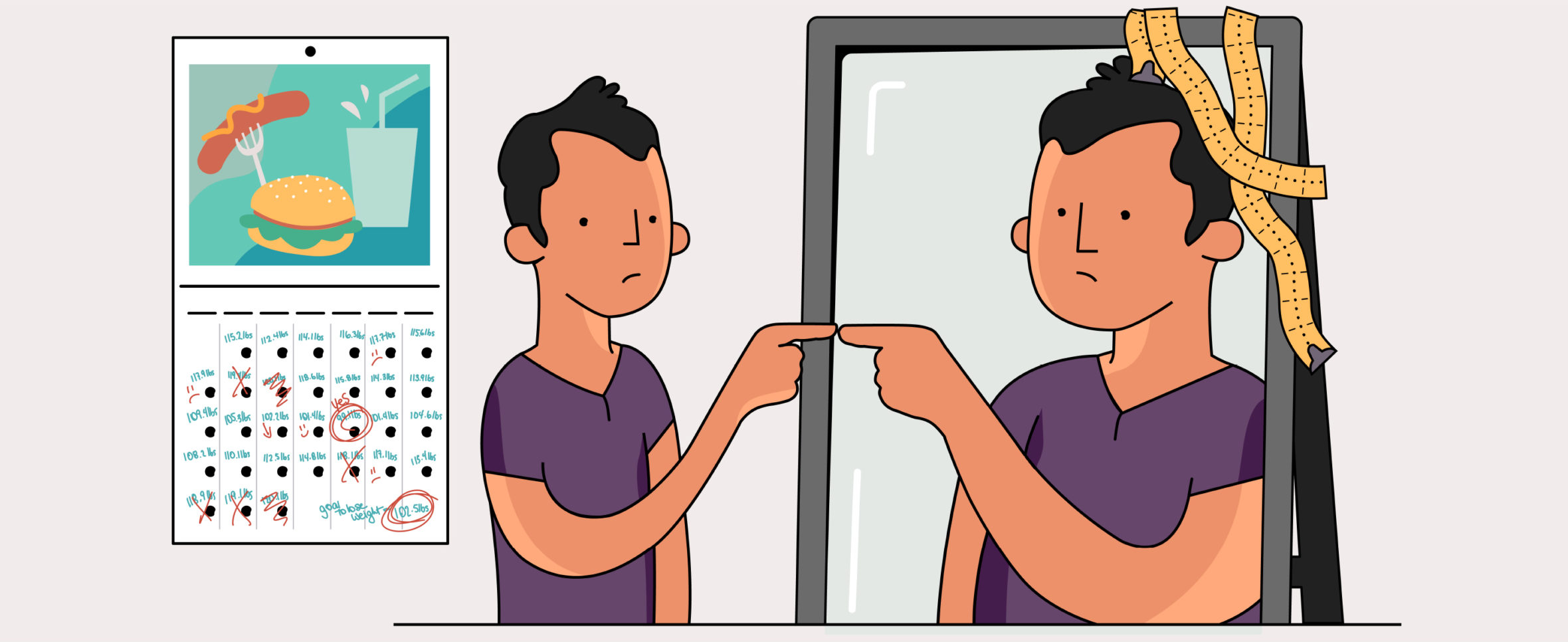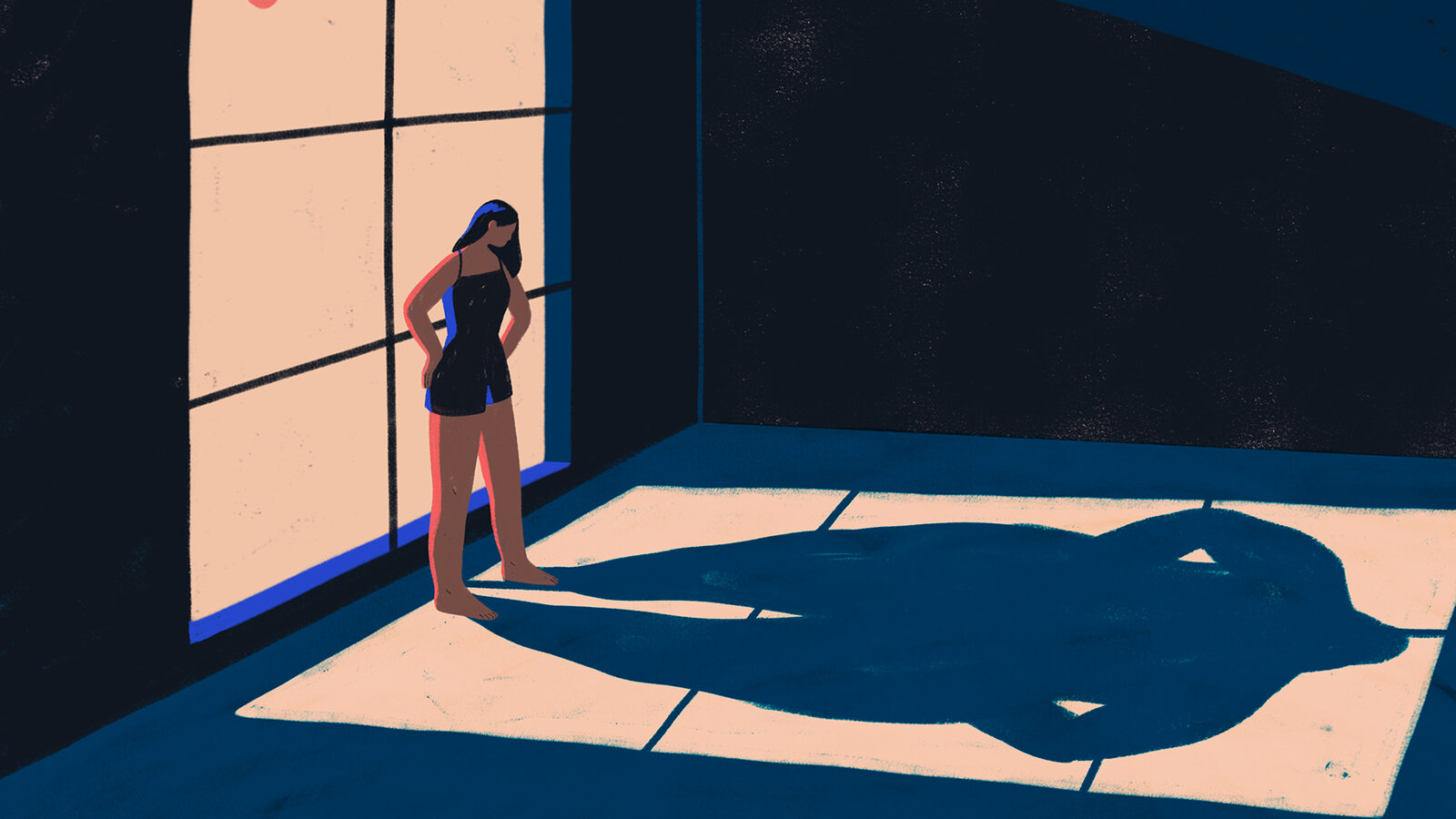By Evangelia Petsa,
I wish I was slimmer. I wish I had a more toned body. How am I like that? I can’t even look at myself in the mirror. Unfortunately, these are thoughts that we have pretty much all made. Some of us understand how destructive they are and stop them, some of us understand how destructive they are but we can’t stop them, while some of us don’t understand at all the harm they do to us.
We live in the era of the image, in the era where social media and the regular media have flooded and disoriented us in extremely inventive ways, selling us the standards that “suit”. Despite the fact that we are billions of people on the planet, different in colors, designs and shapes the standard of beauty is very limited to very specific standards. This situation results, among other things, in the well–known phenomenon of eating disorders.
Statistically, women are more prone to eating disorders but men at a rate of 5%–15% can also present an eating disorder. The annual mortality rate from eating disorders and specifically from anorexia nervosa is 10 times higher than other causes of death in women aged 15–25 years. The most common causes of death due to anorexia nervosa are heart failure, suicide and multi–organ failure.

First of all, we should accept and recognize the fact that one of the main causes, in my opinion perhaps number one, of eating disorders is low self–esteem and therefore self–confidence. Many of us fall into the trap of comparing ourselves with the featured standards and tend to believe that if we manage to reach this result, of a slim and skeletal body, we will be more satisfied, happier and more complete. We believe that suddenly all of our problems will be solved, while we don’t realize that the fact that we haven’t accepted ourselves, internal and external, will not be solved in this way. We see a girl on social media or on the cover of a magazine having the perfect body, the perfect height, the perfect smile and the perfect face, and the thought we make is “What problems can she have?”, which is a huge mistake because quite simply all we see is just a picture and not what is really going on behind the picture. We should honestly feel ridiculous if we think we see the perfect and even more if we think the perfect exists.
And of course, in no case, the number shown on the scales or the number we wear on our pants can determine our value. A habit that people who experience eating disorders present is to weigh themselves every day and not just once but even after each meal. And the goal is one. To see every day a smaller and smaller number. And obviously, they do not understand that with no number they will be happy, being driven closer and closer to self–destruction. Just as they will never be happy with the image they see in the mirror. Most of the time, moreover, mirrors are distorting. We can never have a normal image of ourselves through our eyes. It is a huge mistake to think that the way we look is more important than the way we feel. Health is definitely more important than how we look in the mirror or to others. Also think about how many times you ’ve been in a conversation that starts with someone complaining “how’s my belly like that” to the other replying “no, your belly is fine, look how fat my legs are”. And somehow we feel the need and often the obligation to find something we don’t like in order to continue the conversation when we should stop it by saying “It’s wrong to talk about your body like that”.
Treatment of eating disorders needs individualized guidance. There is no general rule of thumb for treatment that applies to all patients as the causes are multifactorial. If you suffer from bulimia, anorexia, or another eating disorder and want to get better, talk to someone who can help. This can be a parent, a teacher, a friend, a doctor, a psychologist, or an organization that deals with eating disorders.

Many times people who experience some form of an eating disorder may feel that they are in control of what they are living so they don’t need to talk to anyone or ask for help. Or they may feel ashamed of their experience and so constantly put off sharing their problem with someone. But there is no point in letting this stop them so much, as the sooner they seek help the more effective it will be to deal with their situation.
In a society that continues to value body image more than the beauty of the soul and considers thinness a life achievement, despite the fact that humanity has become heavier than ever it is logical and next especially for the vulnerable groups to be affected and consider their achievement a life goal. Therefore the most important thing is for the person himself to realize and accept the fact that he is facing a problem and then to seek help from an expert and primarily from his family and friends.
References




